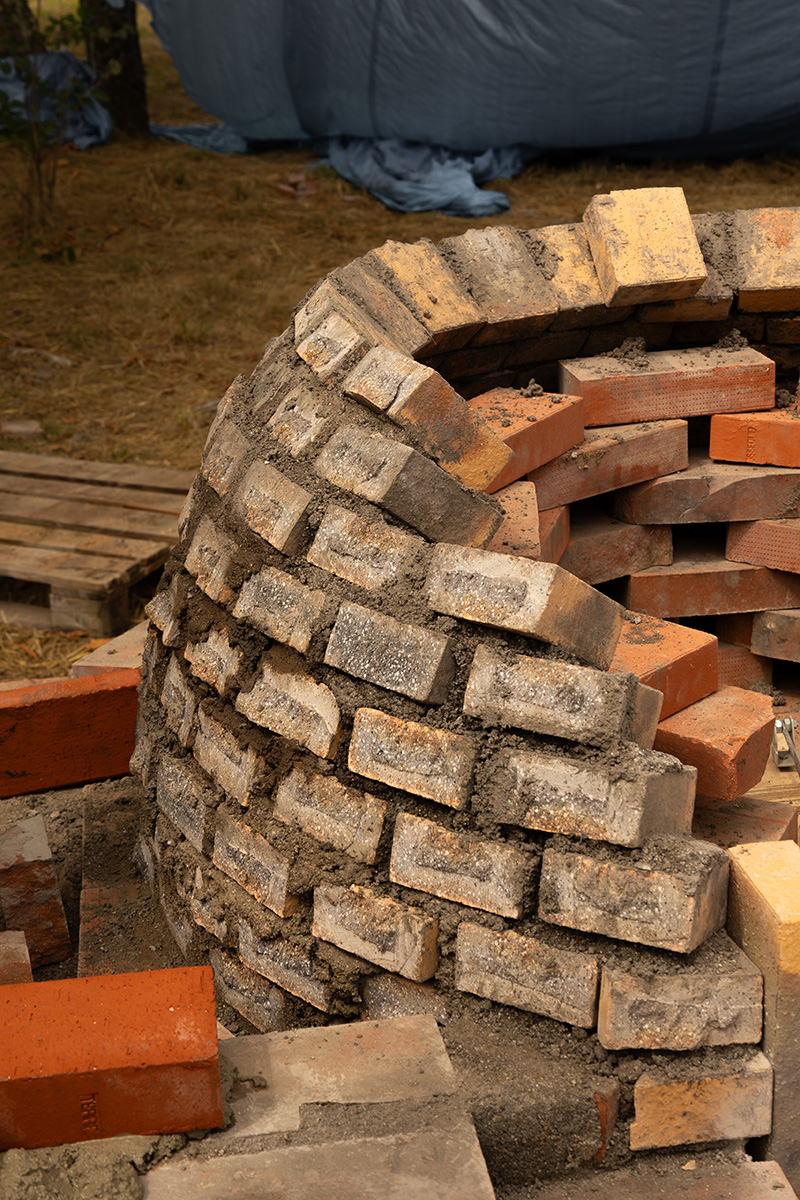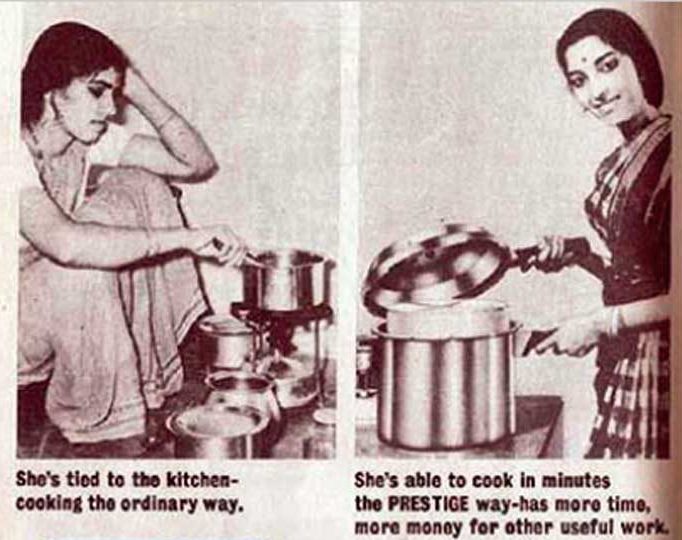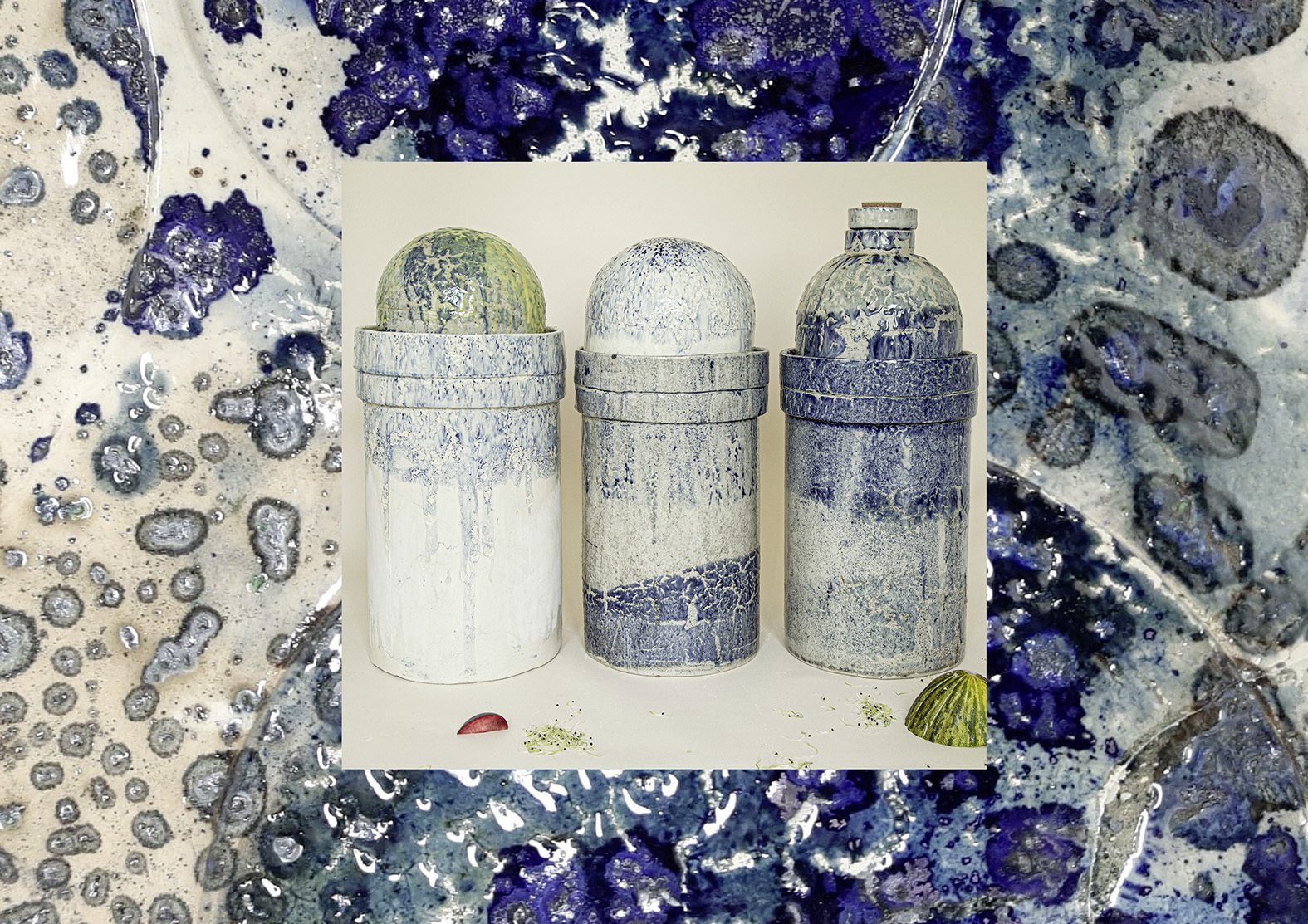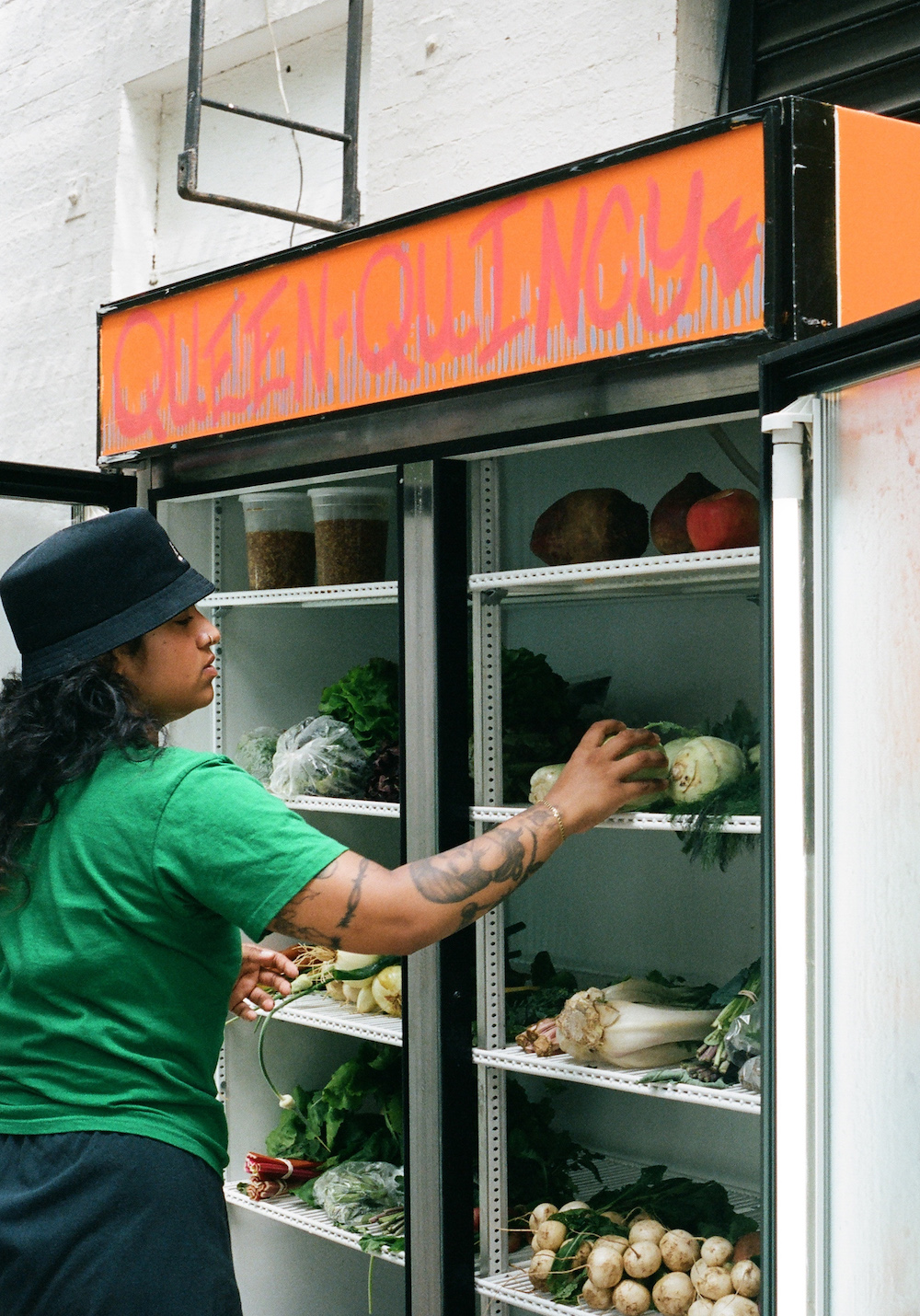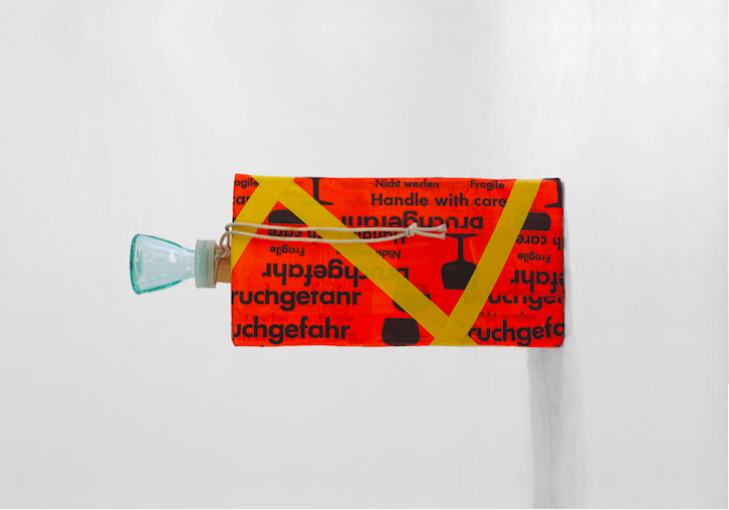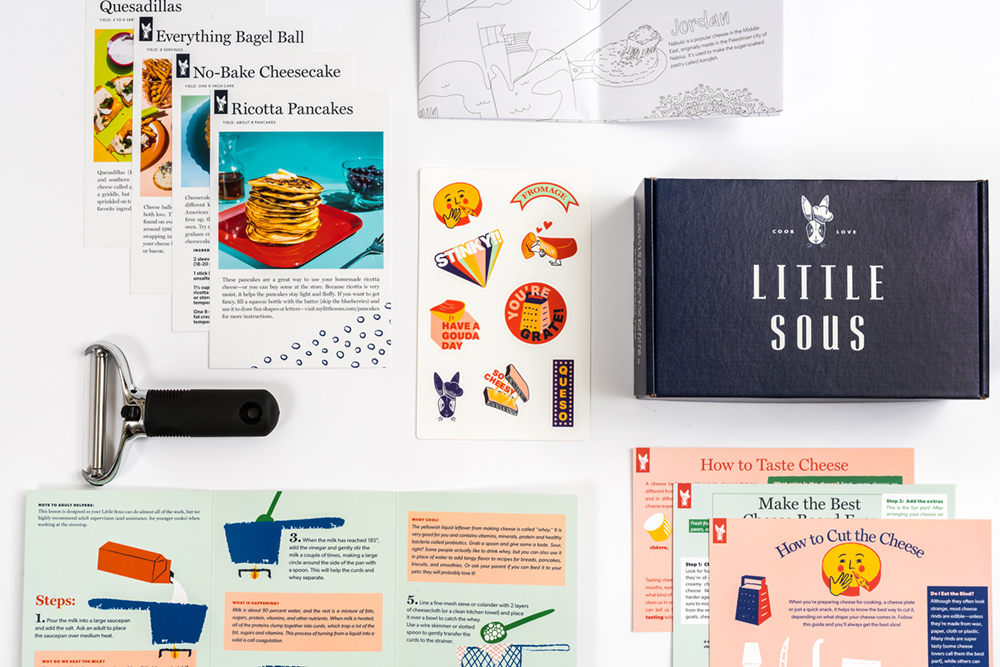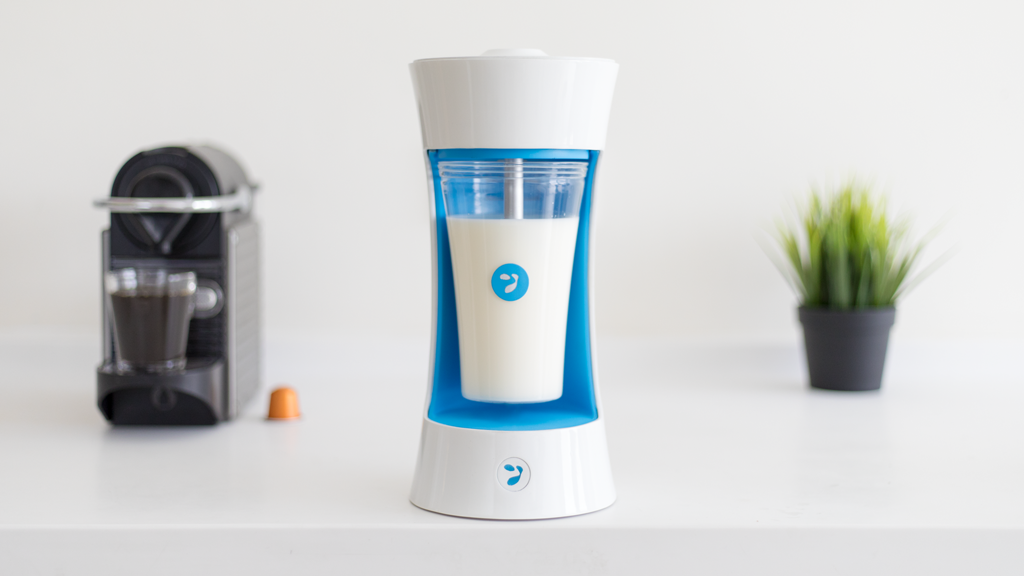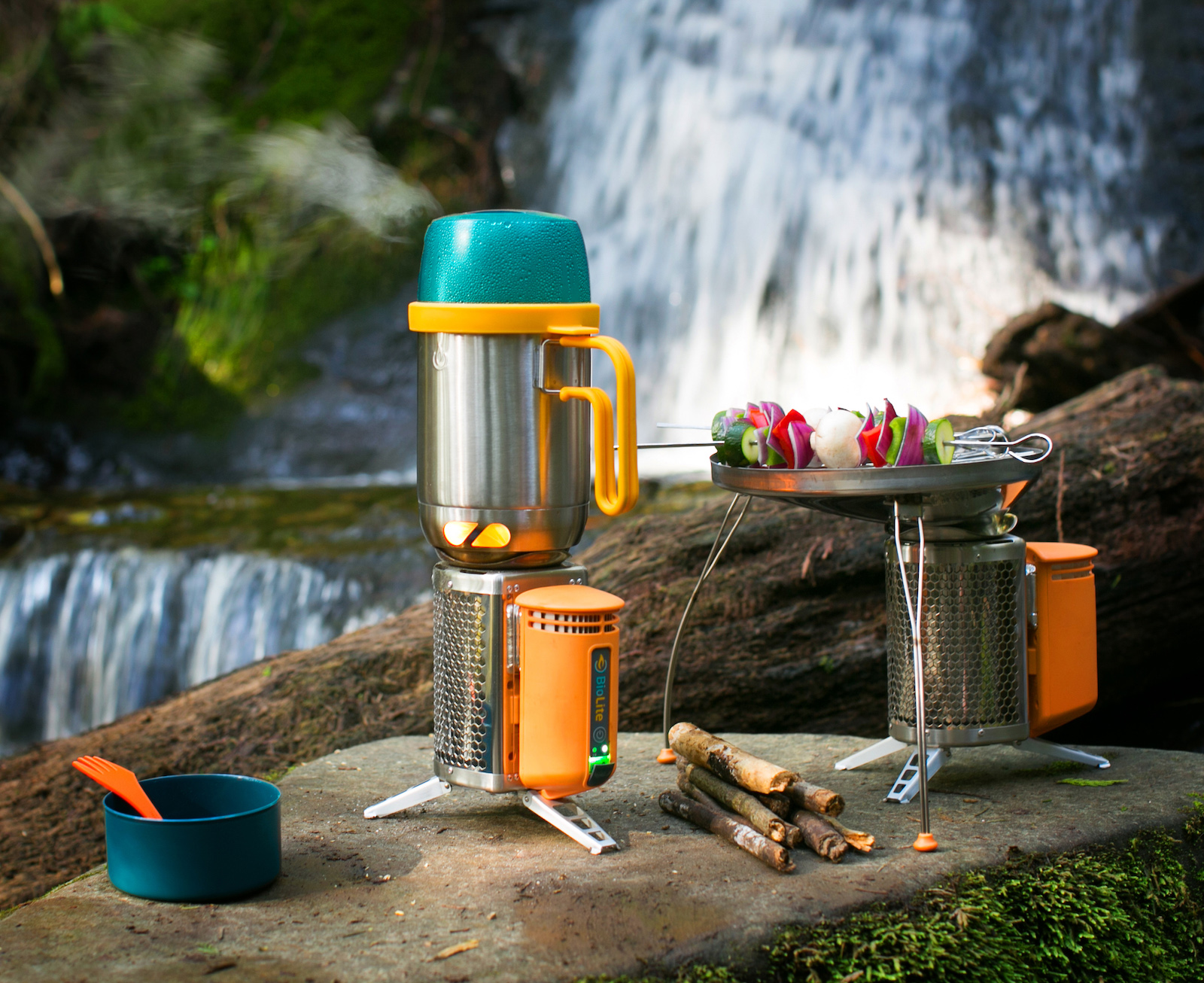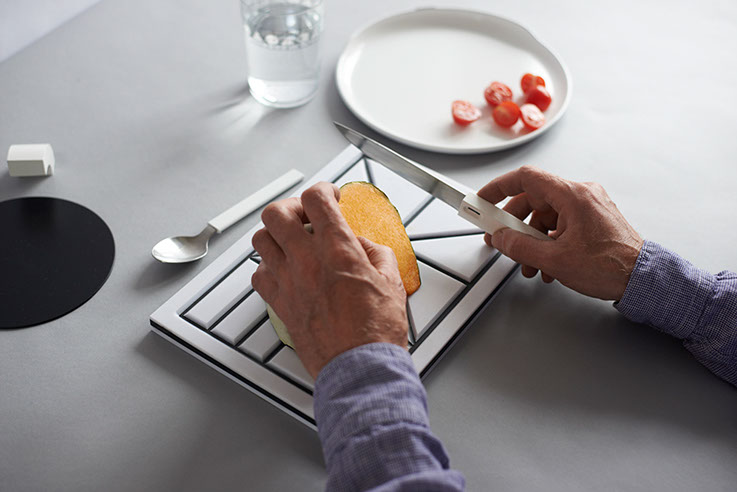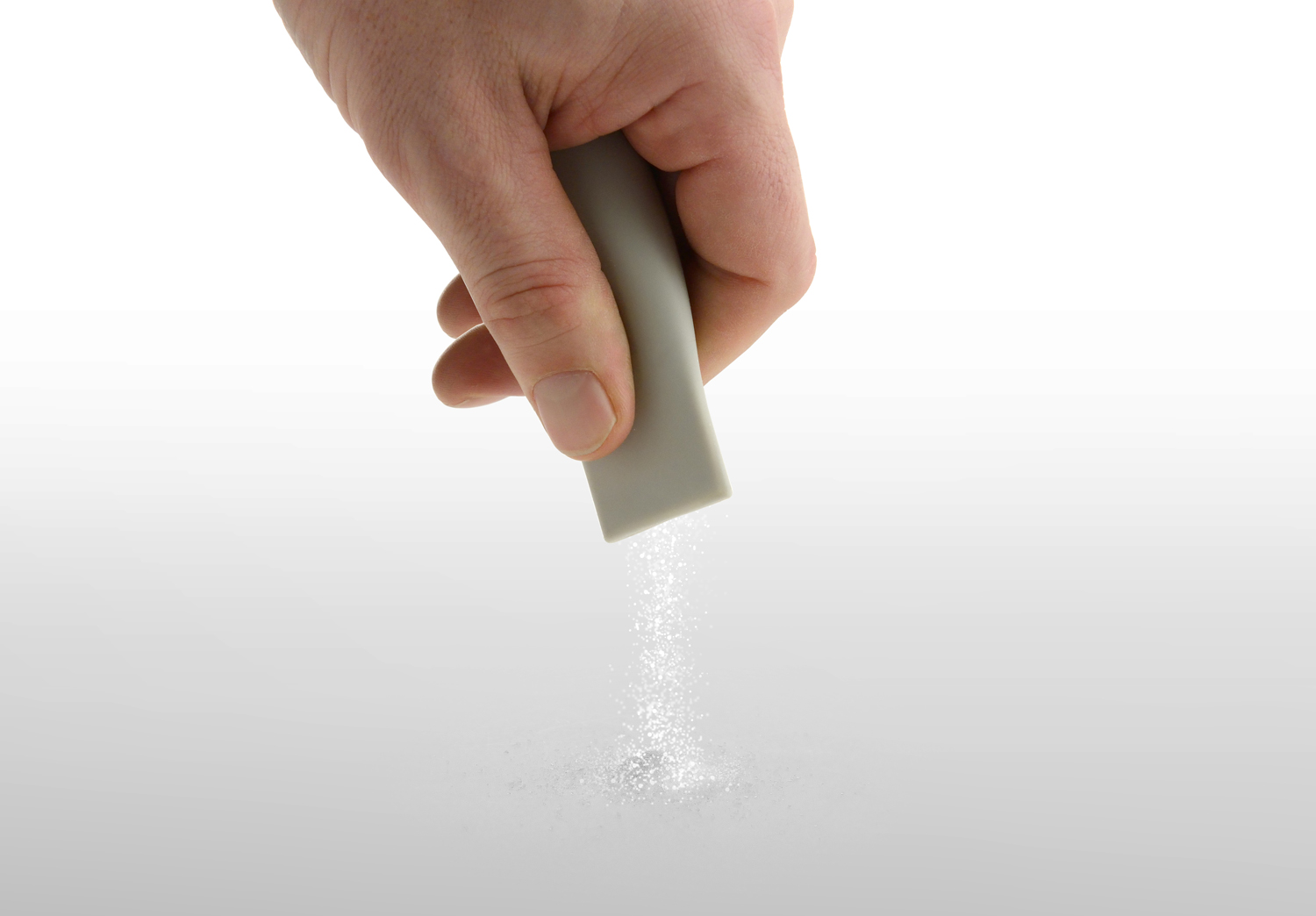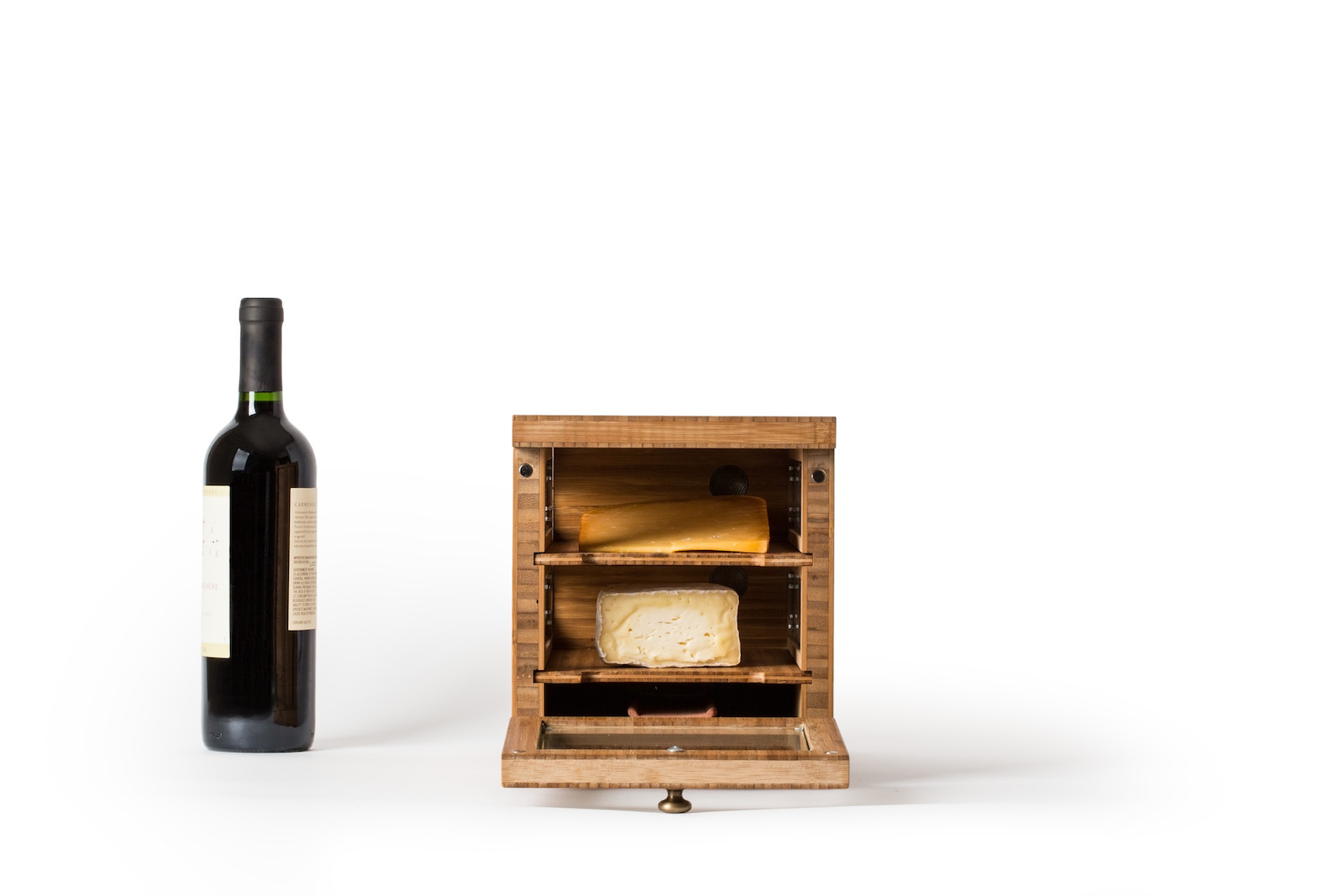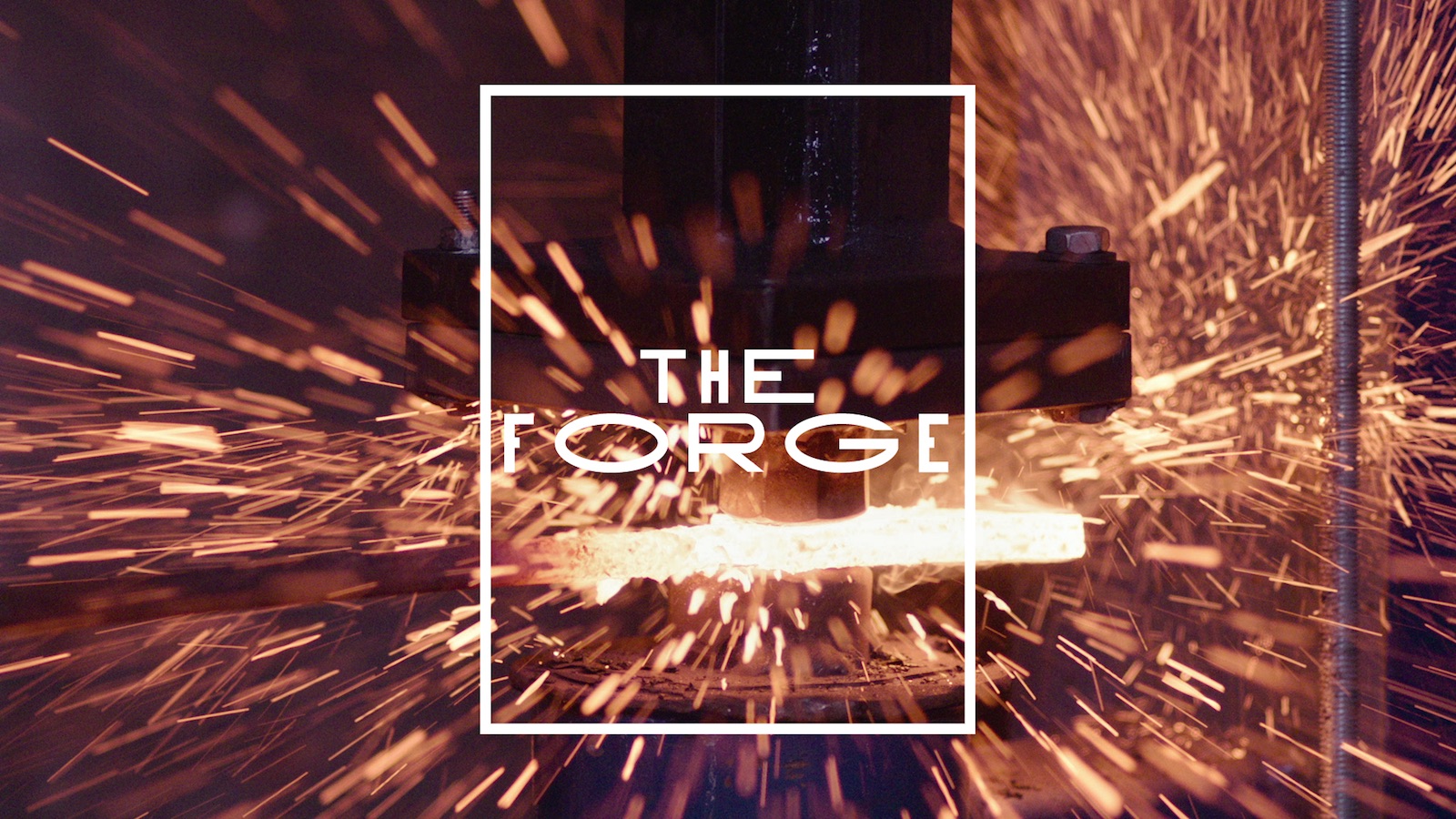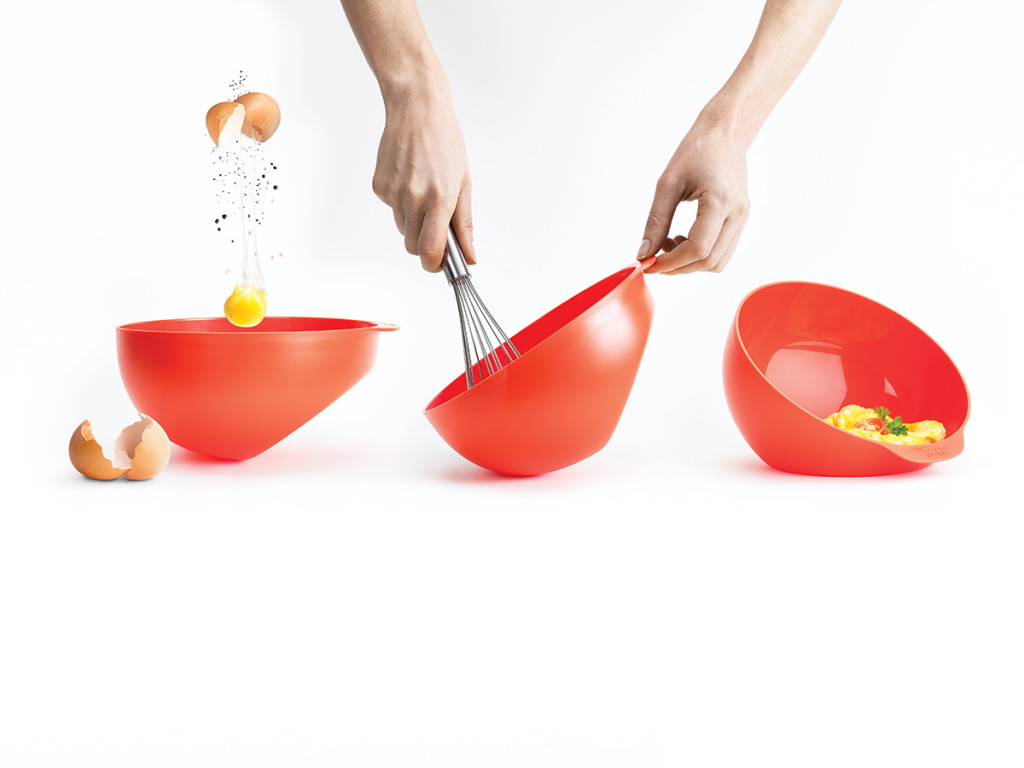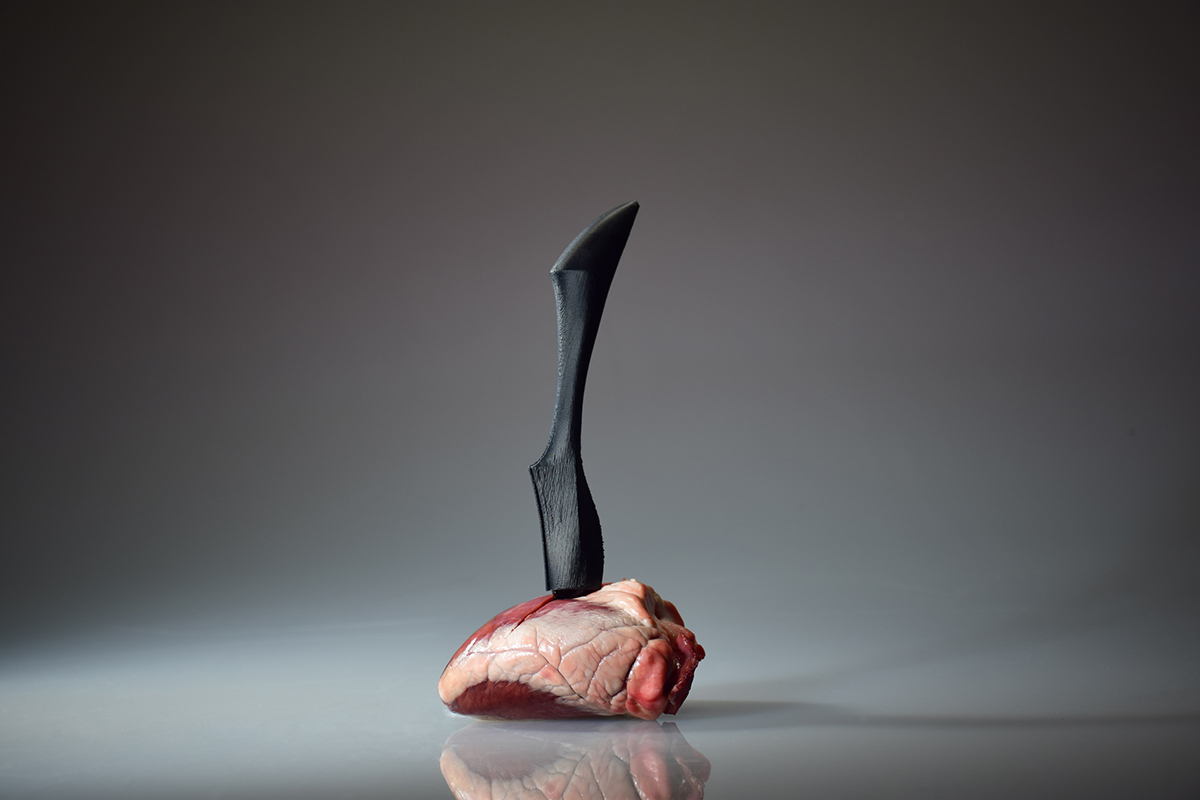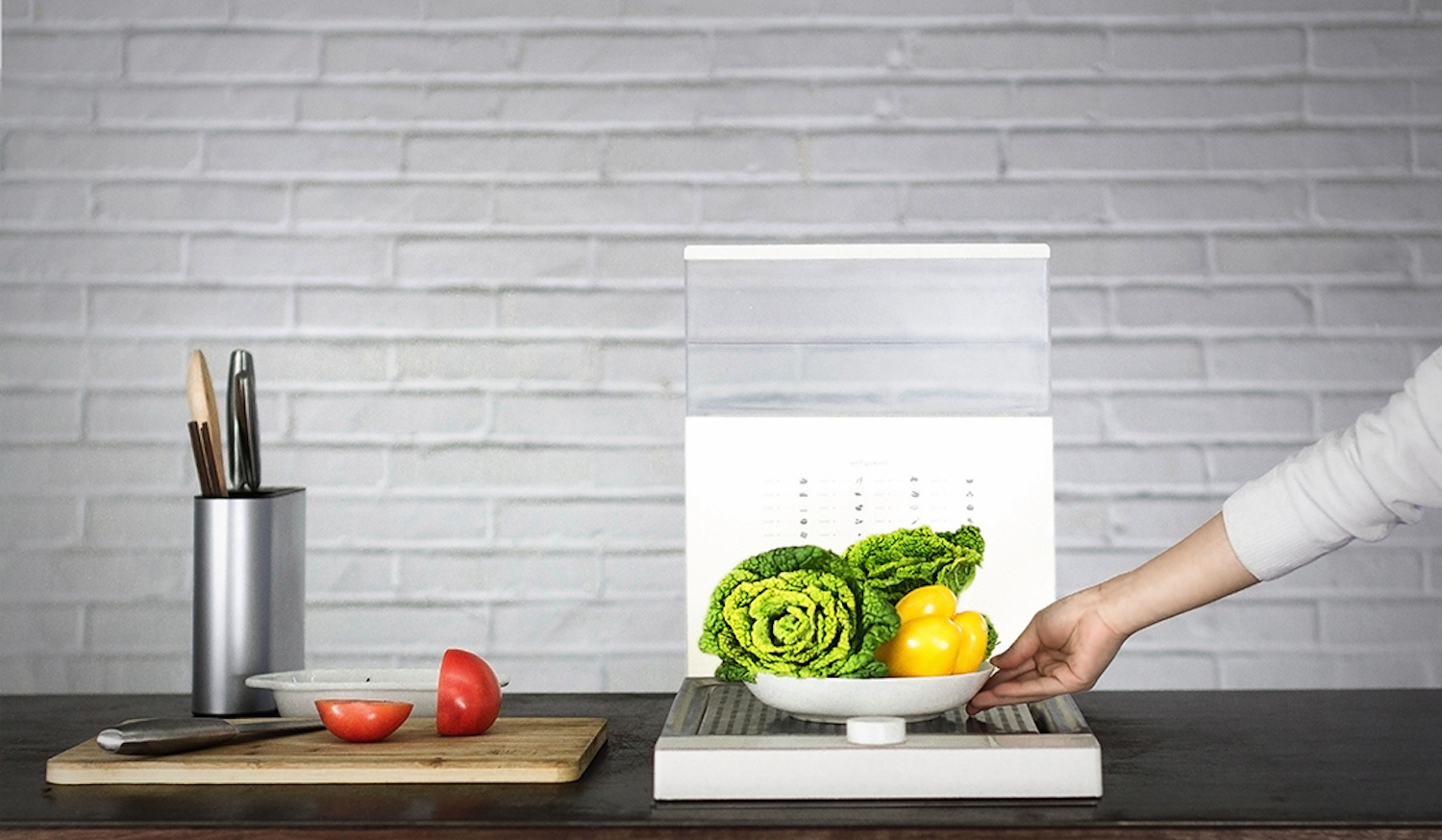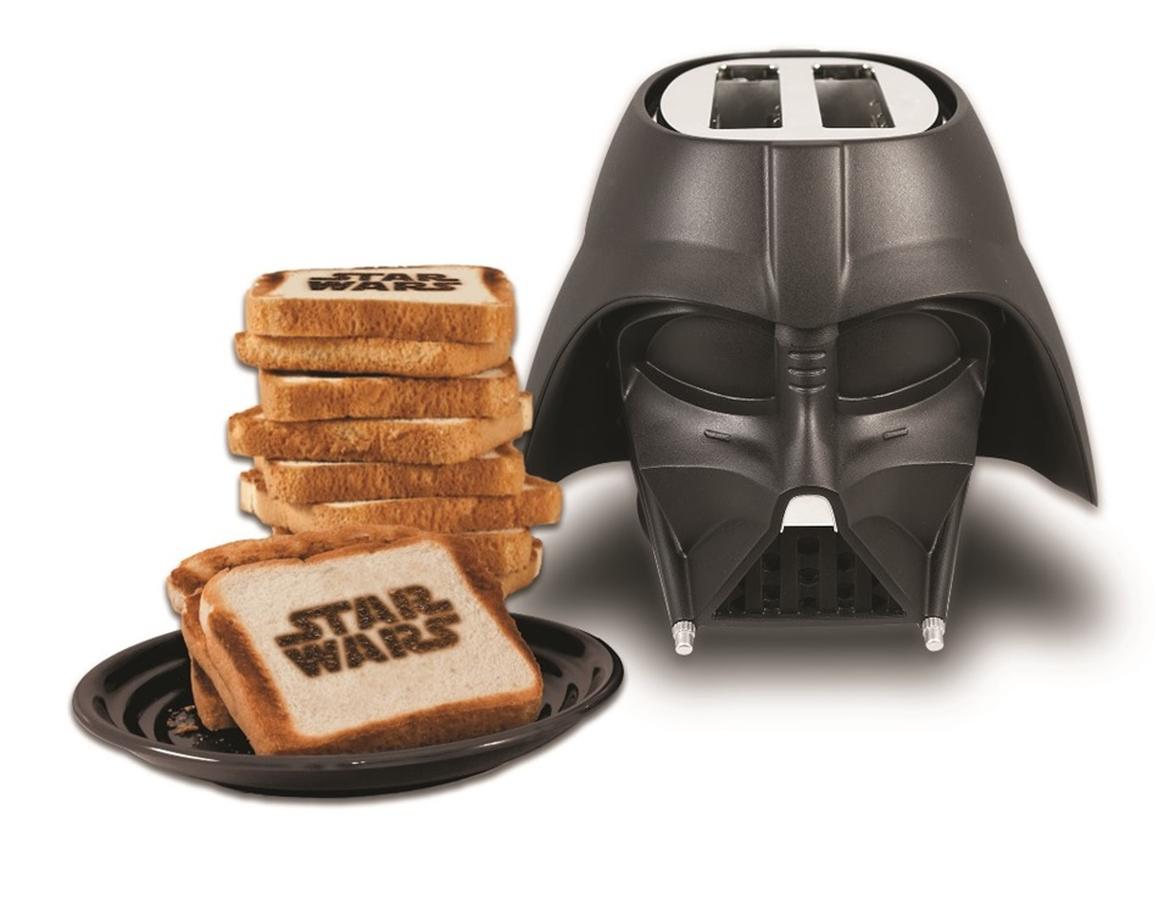While single-use packaging and plastic waste have increased exponentially throughout the last several decades, a wide variety of eco-friendly alternatives to harmful waste are beginning to emerge. Researchers have turned to everything from kombucha to expired eggs to devise new substitutes for plastic. Consumers no longer have to choose between functionality, appearance and environmental impact when selecting the products that they’ll use every day. Among those designing for a waste-free world is orez, a female-founded company that relies on natural ingredients, minimalist aesthetics and reusable materials to create its products for minimizing waste. The founders of orez, Ramona Barnes and Ana Pincus, mirror the ethos of orez in their daily lives, integrating environmentally-conscious products throughout their homes so they can fully commit to a zero-waste lifestyle. MOLD spoke with Barnes about why orez is so invested in reducing waste, and how to design products for a waste-free home.
Responses have been edited for clarity.
MOLD: What inspired you to found orez, and why are you particularly passionate about a zero-waste lifestyle?
Ramona Barnes: My journey toward zero waste started more than 10 years ago when I was pregnant with my first child. I wanted to have a natural childbirth, but that spread to everything being natural and zero waste. I took everything with chemicals out of my home, including makeup, perfume, house cleaning products, and looked for natural alternatives. I even made my own cleaning products with vinegar, baking soda and Castile soap. I used cloth diapers for my sons, carried canvas shopping bags and dropped off compost at the Union Square market since I lived right around there. I’ve been on this journey ever since. I truly believe in this lifestyle, and I especially have fun coming up with beautiful ways to be zero waste. That passion has never faded, even though I struggle to be zero waste at times. What inspires me is the joy of spreading this lifestyle to others, and coming up with creative ways to be zero waste.
What were some of the first products you designed?
Our first development of a product was probably putting together the dish cleaning set. I found [the traditional vegetable oil-based soap] Savon de Marseille to be so romantic, and knowing about its history made me even more excited. I’m especially intrigued by minimalism, and I want everything to look good but function well. That’s why I developed a dish brush that would rest on top of the soap, alongside a scrub brush that lay beside the soap. Looking at and using the dish cleaning set makes me so happy everyday, and knowing there is no plastic waste makes it even more exciting. Another product I was eager to develop was our toothBar in a wooden box. I already made my own shampoo, and kept trying to make my own [natural substitute for toothpaste]. That one took quite a bit of late night lying in my bed, thinking of how to come up with a better solution for teeth-brushing without waste.
What do you focus on when designing a product?
I focus on making sure everything is zero waste as much has possible, both in its functionality and its design. Everything I choose for orez needs to serve a practical use for everyday life, and the design needs to go well with every products, in terms of color and design. I particularly love natural wood, so we try to use that as much as possible in our design, and to make sure it’s reusable instead of disposable.
What do you think are some of the greatest sources of waste in the kitchen, and how can people begin cutting down on those?
The greatest source of waste in the kitchen would be plastic packaging for food. We can’t seem to escape plastic waste, so the effort [plastic packaging] is really necessary. Whether you cook for yourself or buy takeout, we are bombarded with disposable plastic that often can’t be recycled. Ways to cut down include bringing your own containers for takeout, reusable water bottles, coffee cups, straws, bringing your own bags and trying to shop at the farmers market and bulk food store as much as possible. Not only is it healthier for you, but it’s better for our environment as well. Oftentimes I’m overwhelmed with the size of plastic pollution in the world, but waiting for the rest of the world to change won’t make things better. Everything starts with us; no matter how small we are, collectively we can have a real impact when we take action together. That’s why we want to inspire others to be more conscious.




